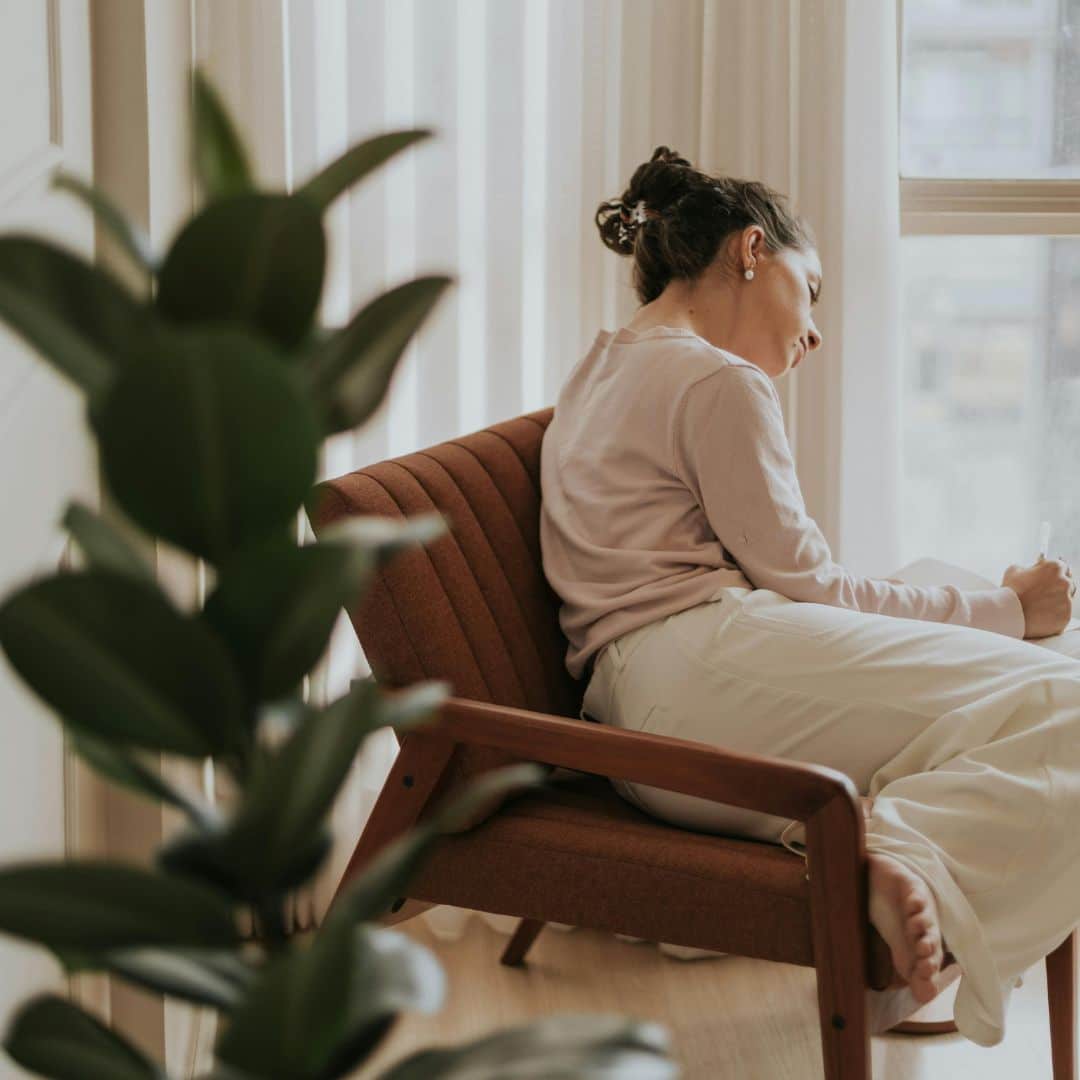By Theresa Harczo, RN, Providence Brain and Spine Center, Portland, OR
Living in Oregon means living through four distinct seasons every year. Seasonal changes in temperature, sunlight, and activity can affect people with Parkinson’s in unique ways. Read on for tips to manage these changes and make the most of the summer months.
Be SUN responsible
- Sun exposure is great for improving your mood, regulating your sleep cycles and emotions, boosting your immune system, and more. (Source 1)
- Remember to protect yourself with options like SPF clothing, sunglasses, sunscreen, and lip balm.
- For Parkinson’s, sun exposure can be a natural way to support your mental health.
Beat the HEAT and HUMIDITY
- When temperatures and humidity levels rise, your body sweats more. Dehydration can lead to orthostatic hypotension (drop in blood pressure upon sitting or standing up). Replace this loss with adequate hydration.
- Remember that hydrating foods can help! Many summer fruits and vegetables contain high water content. Avoid spicy food, caffeine, and alcohol to prevent complications of dehydration such as fatigue, confusion, urinary tract infections, etc.
- Parkinson’s can affect your body’s ability to regulate temperature. Take cool showers and keep cool by visiting air-conditioned spaces like libraries, malls, and theaters.
Find the best time and place to EXERCISE
- Don’t stop your movement routine when the weather warms up! Try exercising in the morning or evening to avoid overheating.
- Air pollution is neurotoxic to the brain and can negatively affect dopamine. If air quality is poor due to smog or smoke, use indoor exercise facilities to remain active. (source 2)
- When enjoying shaded parks or other natural spaces, people with Parkinson’s should choose appropriate walking paths for their balance and mobility.
Plan ahead and stay flexible for VACATIONS and other TRAVEL
- Set yourself up for success by taking a vacation that matches your mobility and aligns with your interests. Consider requesting wheelchair transport between flights. Some airports offer free daisy lanyards which are recognized by airport staff in many countries that you may need some assistance. All to help improve your experience and return home with great memories!
- Bring essential medications and supplies in carry-on luggage and consider time changes when planning medication doses.
- Plans may change! Be aware that travel activities or climate conditions may change, which can affect your Parkinson’s symptoms. (Source 3)
Sources
1 https://davisphinneyfoundation.org/sunlight-and-parkinsons/
2 https://www.parkinson.org/blog/science-news/air-pollution#:~:text=Once%20in%20the%20brain%2C%20air,both%20classic%20signs%20of%20PD
3 https://www.ncbi.nlm.nih.gov/pmc/articles/PMC9847288/
In partnership with our Silver Partner




